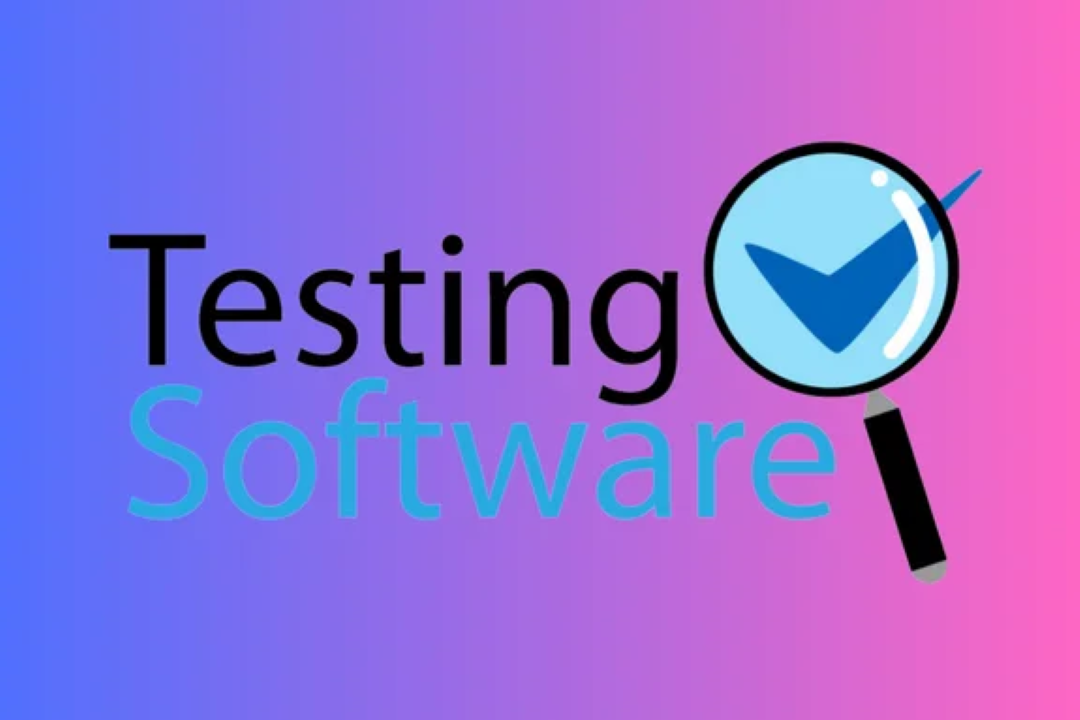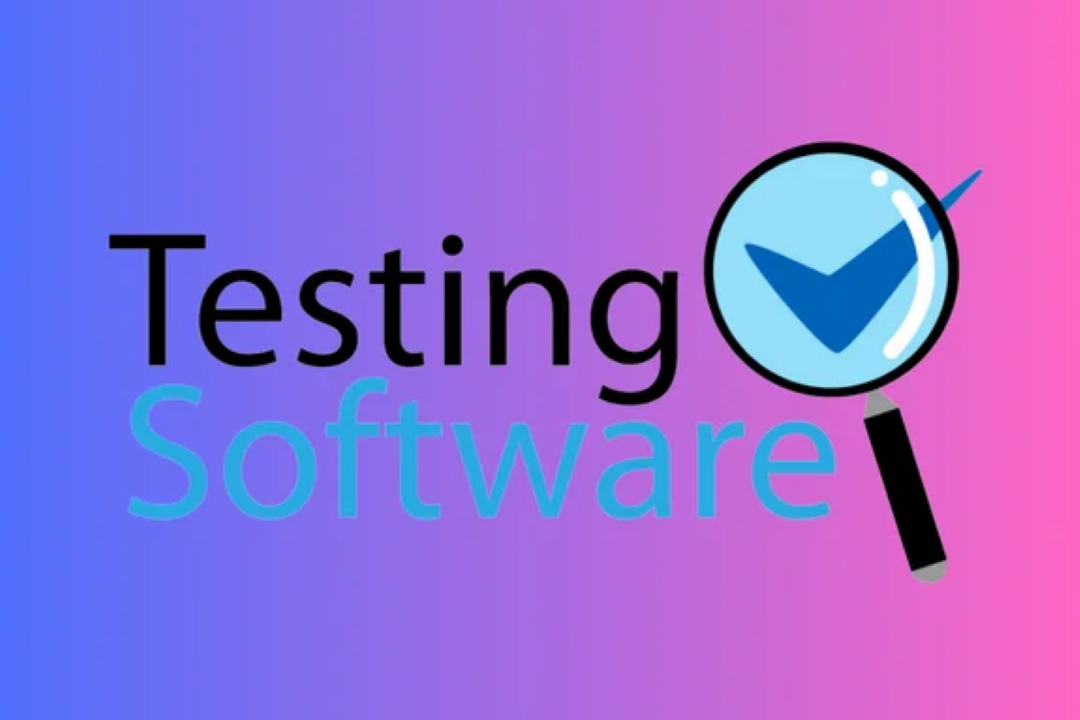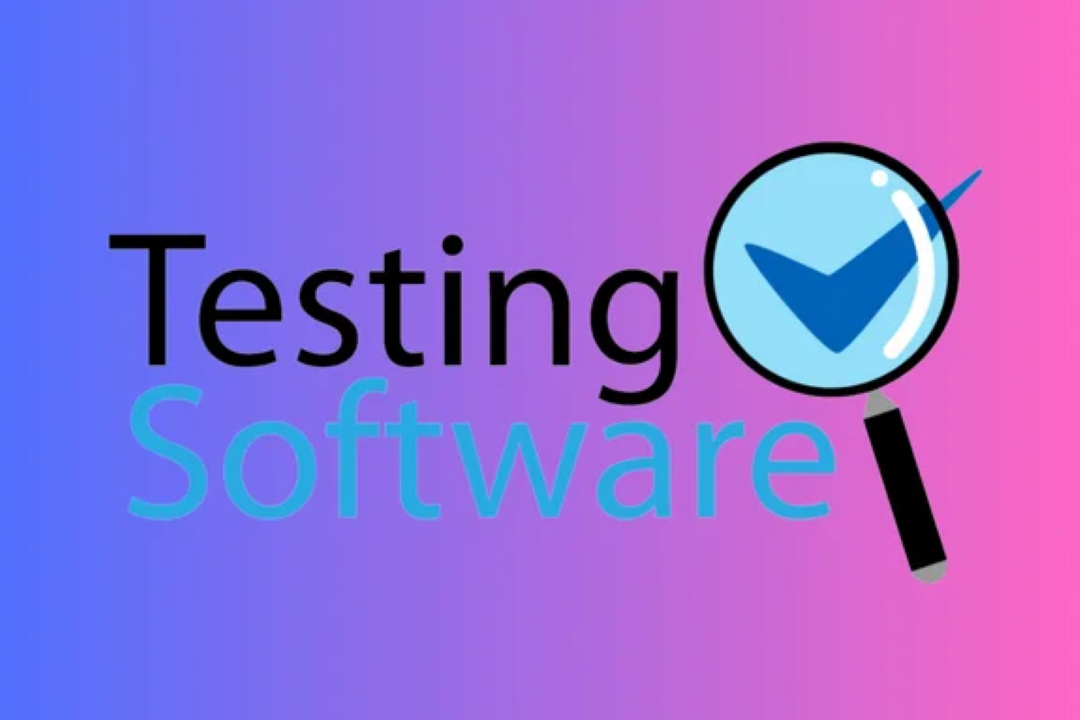Step By Step Online Course For Selenium Data Driven Framework
The Step-by-Step Online Course for Selenium Data-Driven Framework at JustAcademy is a comprehensive
Step By Step Online Course For Selenium Data Driven Framework
The Step-by-Step Online Course for Selenium Data-Driven Framework at JustAcademy is designed to empower aspiring software testers with essential skills for automating web applications. By focusing on a data-driven approach, the course allows learners to manage tests more efficiently and execute multiple scenarios with varying inputs without duplicating code. This method not only enhances the accuracy and scalability of testing processes but also prepares participants for real-world challenges in software development. Through hands-on projects and practical implementations, learners will gain valuable experience, making them proficient in Selenium and ready to excel in their careers in quality assurance and software testing.
To Download Our Brochure: https://www.justacademy.co/download-brochure-for-free
Message us for more information: +91 9987184296
The Step by Step Online Course for Selenium Data Driven Framework at JustAcademy is designed to empower aspiring software testers with essential skills for automating web applications. By focusing on a data driven approach, the course allows learners to manage tests more efficiently and execute multiple scenarios with varying inputs without duplicating code. This method not only enhances the accuracy and scalability of testing processes but also prepares participants for real world challenges in software development. Through hands on projects and practical implementations, learners will gain valuable experience, making them proficient in Selenium and ready to excel in their careers in quality assurance and software testing.
Course Overview
The “Step-by-Step Online Course for Selenium Data-Driven Framework” at JustAcademy is expertly crafted to equip learners with the necessary skills to create robust and scalable automation frameworks using Selenium. This comprehensive course covers fundamental concepts, a thorough understanding of data-driven testing methodologies, and practical implementation techniques. Through real-time projects, participants will learn to efficiently manage test data, execute multiple test scenarios with varying inputs, and integrate various data sources, ensuring tests are adaptable and maintainable. By the end of the course, learners will have a clear mastery of Selenium and data-driven strategies, positioning them for successful careers in software testing and quality assurance.
Course Description
The “Step-by-Step Online Course for Selenium Data-Driven Framework” at JustAcademy is designed to empower learners with the essential skills to build and implement scalable automation testing frameworks using Selenium. This course offers a comprehensive exploration of key concepts, including data-driven testing methodologies, test case design, and integration with various data sources. Through hands-on projects, participants will engage in practical exercises that reinforce their understanding of managing test data and dynamically executing test cases. By the end of this course, learners will have the confidence and expertise needed to create efficient, adaptable, and maintainable automation solutions, preparing them for successful careers in the field of software testing and quality assurance.
Key Features
1 - Comprehensive Tool Coverage: Provides hands-on training with a range of industry-standard testing tools, including Selenium, JIRA, LoadRunner, and TestRail.
2) Practical Exercises: Features real-world exercises and case studies to apply tools in various testing scenarios.
3) Interactive Learning: Includes interactive sessions with industry experts for personalized feedback and guidance.
4) Detailed Tutorials: Offers extensive tutorials and documentation on tool functionalities and best practices.
5) Advanced Techniques: Covers both fundamental and advanced techniques for using testing tools effectively.
6) Data Visualization: Integrates tools for visualizing test metrics and results, enhancing data interpretation and decision-making.
7) Tool Integration: Teaches how to integrate testing tools into the software development lifecycle for streamlined workflows.
8) Project-Based Learning: Focuses on project-based learning to build practical skills and create a portfolio of completed tasks.
9) Career Support: Provides resources and support for applying learned skills to real-world job scenarios, including resume building and interview preparation.
10) Up-to-Date Content: Ensures that course materials reflect the latest industry standards and tool updates.
Benefits of taking our course
Functional Tools
1 - Selenium WebDriver
Selenium WebDriver is the core component of the Selenium suite utilized for automation testing. It enables testers to interact with web browsers by sending commands and receiving responses, allowing for the simulation of user actions. In this course, students will learn how to set up WebDriver, write scripts to navigate web applications, and perform various user interactions, such as clicking buttons and entering data in forms. The flexibility and language support provided by WebDriver make it an essential tool for creating robust automation frameworks.
2) TestNG Framework
TestNG is a testing framework inspired by JUnit and NUnit, designed to cover a wider range of test categories. In this course, learners will become proficient in using TestNG for executing Selenium tests, managing test cases, and generating comprehensive reports. Students will understand how to implement annotations to structure their tests, manage dependencies, and group tests effectively. TestNG also supports data driven testing, which is crucial for validating different data inputs against application functionalities.
3) Apache POI
Apache POI is a powerful Java library used for reading and writing Microsoft Office documents, particularly Excel files. In the context of the course, students will utilize Apache POI to extract test data from Excel spreadsheets and input results back into them. This integration allows for the implementation of data driven tests, where multiple input parameters can dynamically feed into automated test scripts. By mastering Apache POI, participants can enhance the reusability and scalability of their test suites.
4) Maven
Maven is a build automation tool used primarily for Java projects. In the Selenium Data Driven Framework course, learners will embrace Maven for dependency management, ensuring that all required libraries and plugins are properly configured. They will understand how to create a Maven project, manage dependencies via the pom.xml file, and execute tests efficiently. By utilizing Maven, students will save time on setup and focus more on writing tests rather than managing manual configurations.
5) Git
Git is a version control system that allows users to track changes in code, collaborate with others, and manage multiple versions of their projects. Throughout the course, participants will learn how to use Git for versioning their Selenium test projects and collaborating with team members. This includes creating repositories, making commits, handling branches, and resolving merge conflicts. Familiarity with Git is essential for anyone working in software development and testing, as it promotes efficient collaboration and project management.
6) Jenkins
Jenkins is an open source automation server used for continuous integration and continuous delivery (CI/CD). In this training program, students will discover how to integrate their Selenium tests with Jenkins to set up automated testing pipelines. This includes configuring job scheduling, running tests on different environments, and monitoring results. By learning Jenkins, participants will be prepared to contribute effectively to DevOps practices, ensuring that testing is an integral part of the software development lifecycle.
7) Page Object Model (POM)
The Page Object Model is a design pattern that enhances test maintenance and reduces code duplication in Selenium automation. In this course, participants will learn how to implement POM by creating page classes that encapsulate interactions with web pages. By separating the test logic from the page specific code, POM makes it easier to update test scripts when the UI changes. Students will explore best practices for structuring their test automation code using POM, resulting in cleaner and more maintainable test frameworks.
8) Data Driven Testing
Data driven testing is an essential technique that allows for the execution of the same test with multiple sets of data. Throughout the course, learners will understand how to implement data driven testing with various data sources, such as Excel files, CSV files, and databases. By utilizing parameters and external data, students will enhance the coverage of their test cases and validate application behavior under different scenarios. This approach not only improves test efficiency but also increases the robustness of test automation.
9) Cross Browser Testing
Cross browser testing ensures that web applications function correctly across different browsers and platforms. In this course, participants will learn strategies to implement cross browser testing using Selenium to verify consistent behavior and to catch browser specific issues. Students will explore tools and techniques to automate the testing process across multiple browsers, enhancing the overall quality of web applications. Understanding how to run tests on different browsers will prepare participants to deliver applications that meet diverse user needs.
10) API Testing with RestAssured
In addition to UI testing, API testing is crucial for verifying the back end services of an application. Participants will learn how to use RestAssured, a Java library for testing RESTful APIs, in conjunction with their Selenium tests. This course module will cover sending HTTP requests, validating responses, and performing authentication. Students will gain a holistic view of testing by integrating API testing into their automation strategies, ensuring that both front end and back end functionalities align.
11 - Error Handling and Logging
Robust error handling and logging are vital for troubleshooting and maintaining automated tests. In this segment of the course, participants will learn techniques to gracefully handle exceptions in their Selenium scripts. They will also explore various logging frameworks, such as Log4j, to record test execution details and errors. By developing strong error handling strategies, students will enhance the reliability of their tests and make it easier to identify and resolve issues quickly.
12) Performance Testing Integration
While Selenium is primarily used for functional testing, integrating performance testing into the automation suite ensures that applications can handle user load. Participants will learn how to use tools such as Apache JMeter alongside Selenium tests to assess the performance of web applications. By understanding how to validate both functionality and performance, learners will ensure that applications not only work correctly but also perform efficiently under varying load conditions.
13) Mobile Testing with Appium
With the increasing use of mobile applications, mobile testing has gained significance. In this course, learners will dive into Appium, an open source tool for automating mobile applications. Participants will explore how to set up Appium in conjunction with Selenium to achieve cross platform mobile testing. This module will cover both Android and iOS application testing, helping students broaden their automation skill set to include mobile devices.
14) Behavior Driven Development (BDD) with Cucumber
Behavior Driven Development promotes collaboration between developers, testers, and non technical stakeholders through a shared understanding of functional requirements. In this section, students will learn how to implement BDD using Cucumber with Selenium. They will discover how to write test scenarios in Gherkin language, allowing for clear communication of test objectives. This course component will help participants bridge the gap between technical and non technical team members, making the testing process more inclusive and effective.
15) Advanced Selenium Features
To cap off the course, participants will delve into advanced features of Selenium, including handling web elements like dropdowns, alerts, and dynamic content. They will also explore topics such as implicit and explicit waits to ensure reliable test execution. By mastering these advanced techniques, students will strengthen their ability to test complex web applications effectively, leading to comprehensive automation solutions.
By covering these diverse topics, the course prepares students not only to master Selenium but also to gain a holistic understanding of software testing practices that will enhance their careers in the tech industry.
Browse our course links : https://www.justacademy.co/all-courses
To Join our FREE DEMO Session:
This information is sourced from JustAcademy
Contact Info:
Roshan Chaturvedi
Message us on Whatsapp: +91 9987184296
Email id: info@justacademy.co












